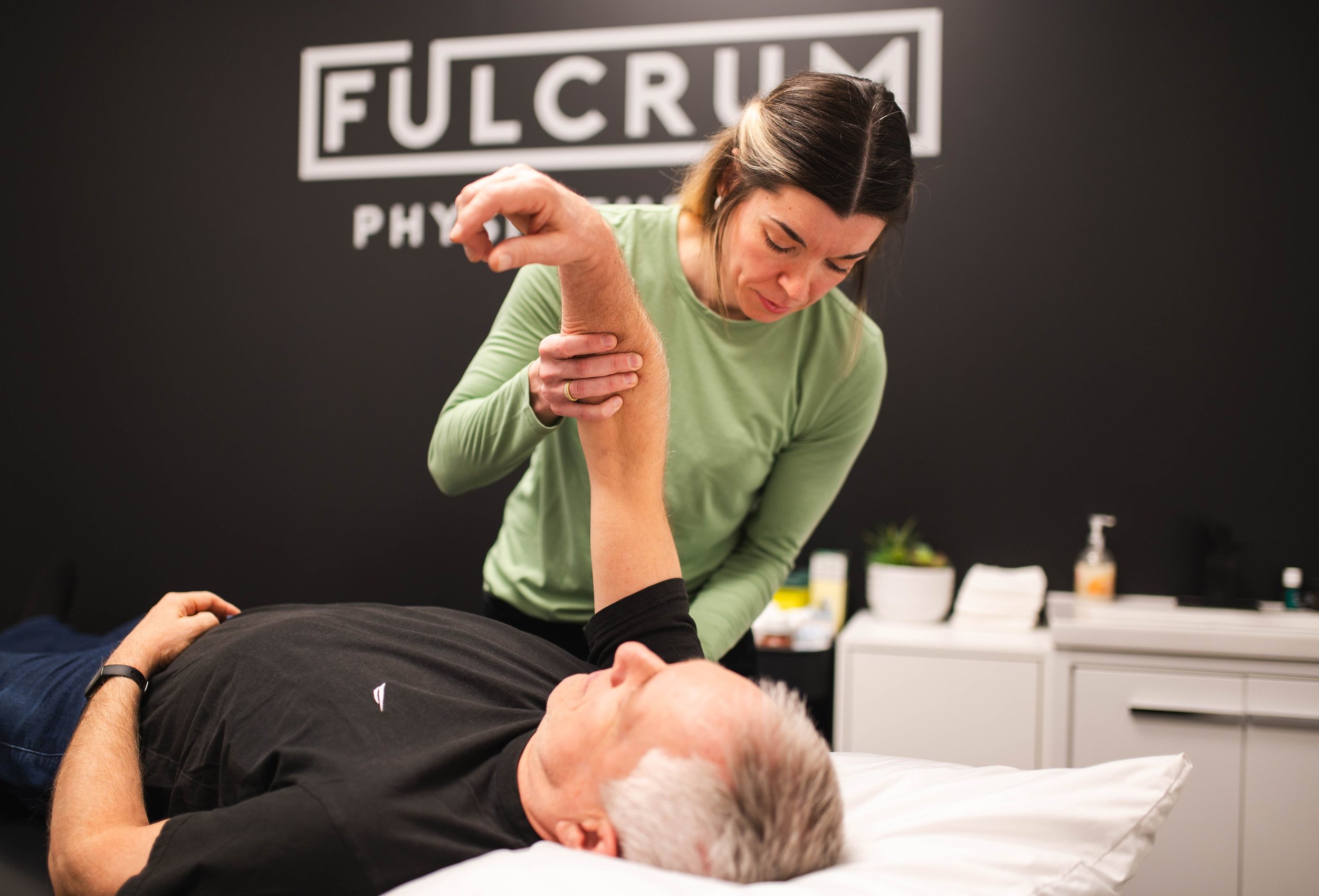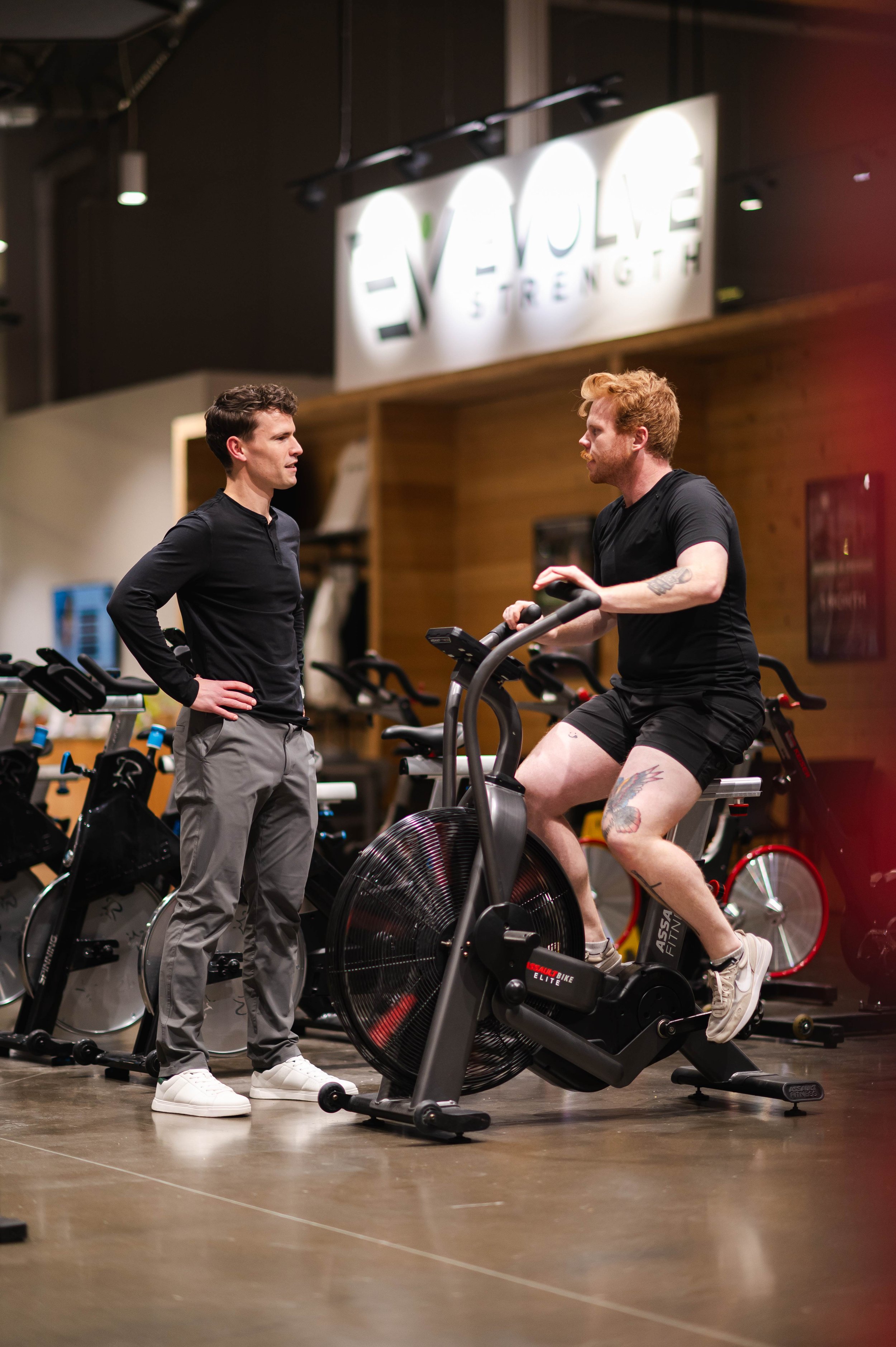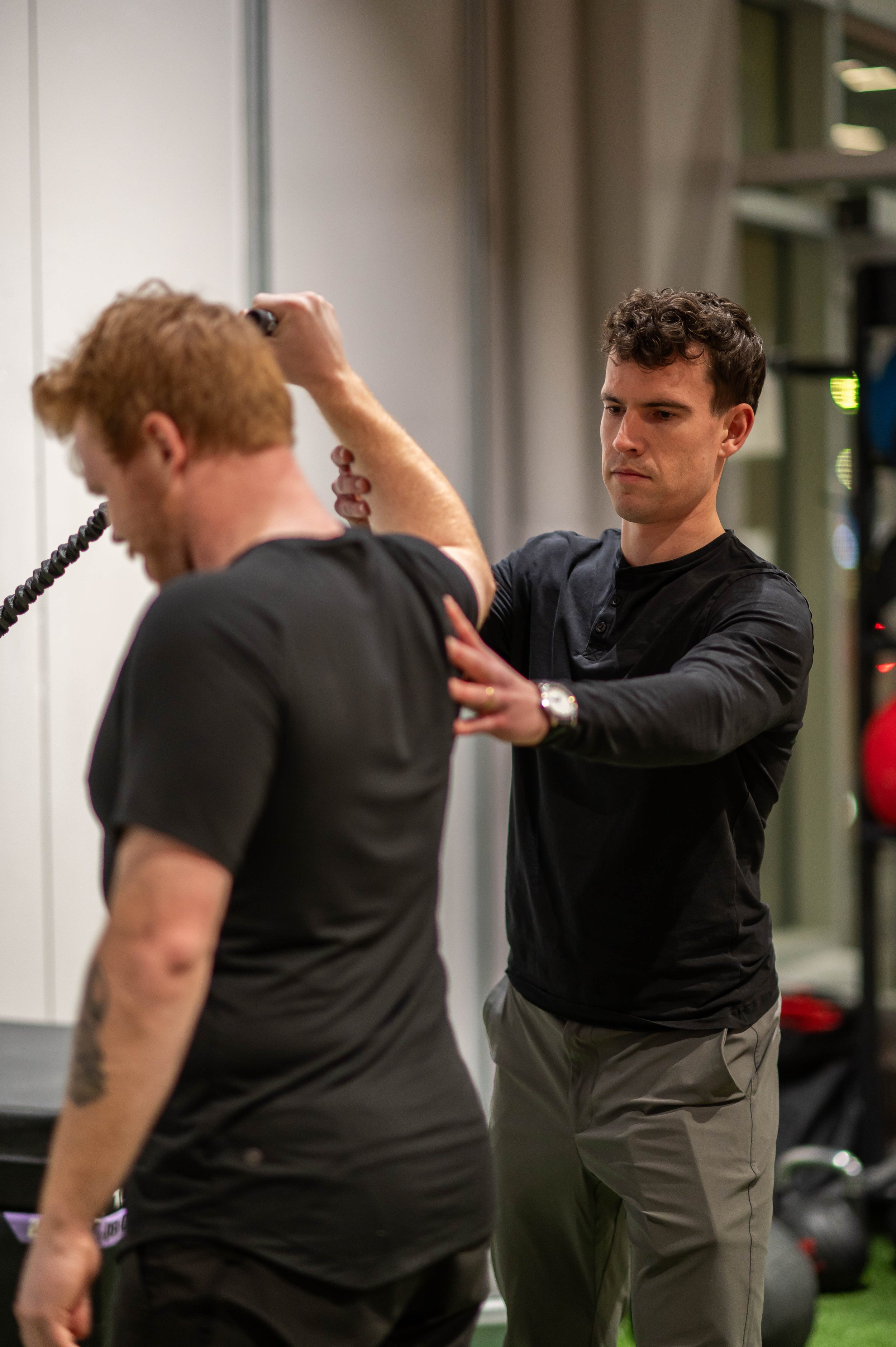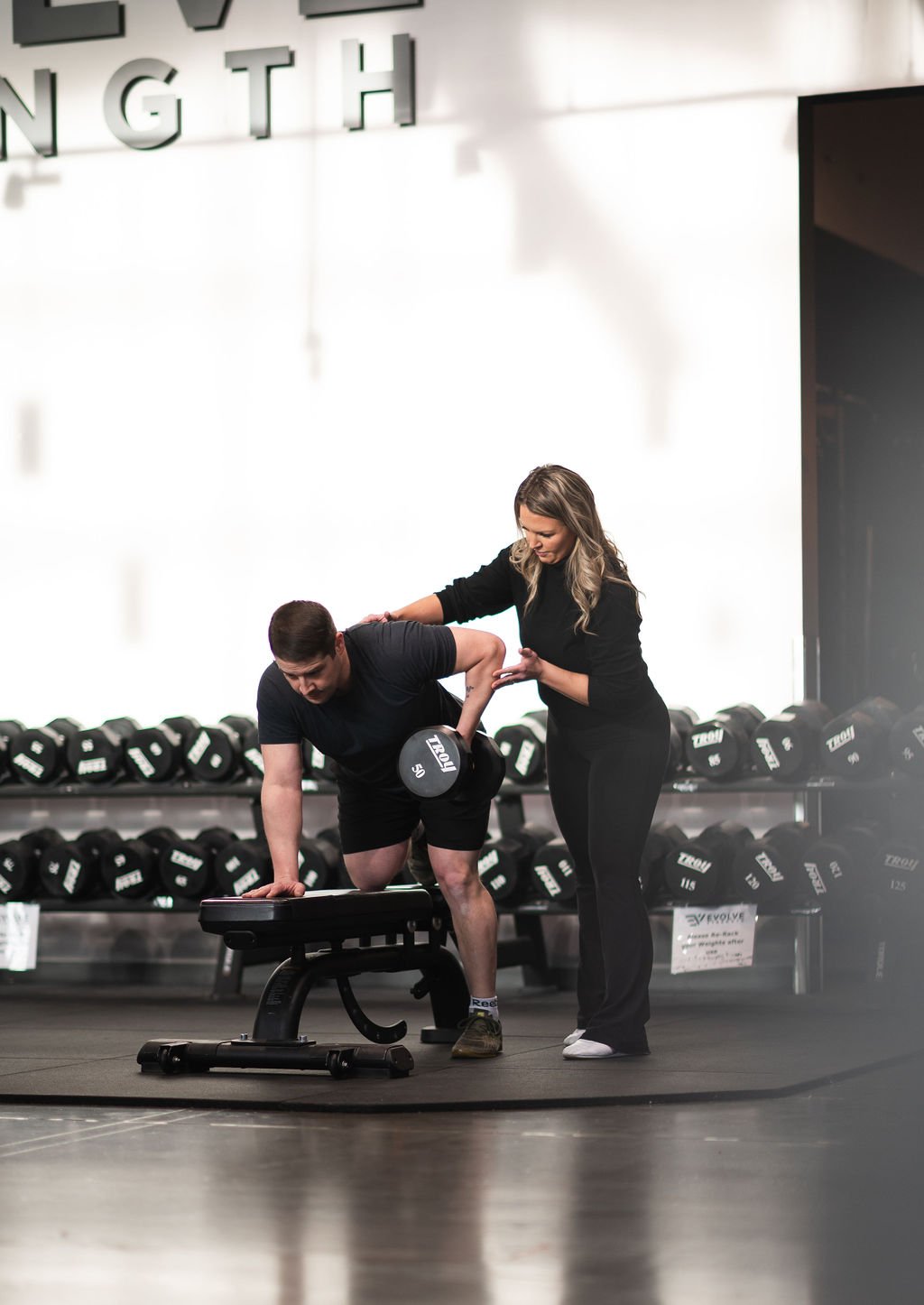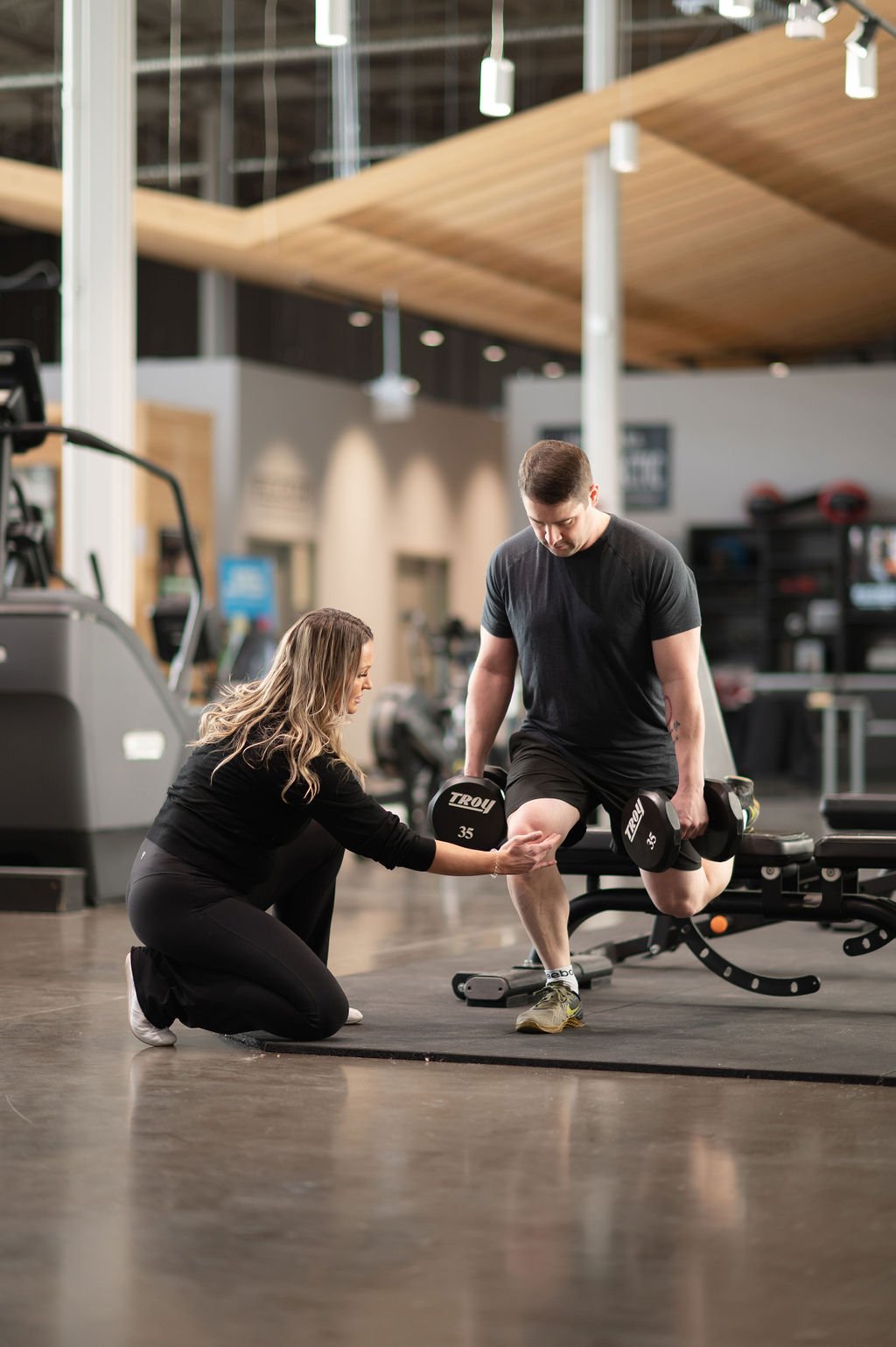Vestibular Therapy in Seton
Coming Soon
What is Vestibular Therapy?
Vestibular therapy, also known as vestibular rehabilitation therapy (VRT), is a specialized form of physiotherapy designed to treat balance disorders, dizziness, and issues related to the inner ear and vestibular system. The vestibular system includes the inner ear structures that detect head position and movement, the neural pathways transmitting this information, and the brain regions responsible for processing balance and spatial orientation.
The central nervous system plays a crucial role in integrating sensory information for balance and facilitating vestibular compensation. Vestibular therapy addresses various balance conditions, such as vestibular hypofunction and bilateral vestibular hypofunction, which can significantly impact postural control and stability. The therapy uses customized exercises, including those involving head movement and eye movements, to help retrain the brain, restore stability, improve balance, and enhance gaze stability. In cases of a deficient vestibular system, patients may rely on enhanced smooth-pursuit eye movements to maintain gaze stability during head movements.
At Fulcrum Physiotherapy in Calgary, vestibular therapy is delivered through one-on-one, evidence-based care. This treatment can be life-changing for patients struggling with vertigo, unsteadiness, or chronic dizziness.
Understanding the Vestibular System
The vestibular system is a vital part of your body’s ability to maintain balance, stability, and spatial orientation. Located within the inner ear, this complex system includes the semicircular canals, otolith organs, and intricate nerve pathways that send information about head position and movement to the brain. Working closely with the visual system and muscles, the vestibular system helps you keep your balance and maintain gaze stability, even as you move your head or change positions.
When the vestibular system is functioning properly, it allows normal subjects to move confidently and safely through daily life. However, if the vestibular system becomes deficient—due to conditions like benign paroxysmal positional vertigo (BPPV), unilateral peripheral vestibular dysfunction, or other vestibular disorders—patients may experience symptoms such as dizziness, vertigo, imbalance, and even blurred vision. These symptoms can significantly impact quality of life, especially in older adults, increasing the risk of falls and reducing independence.
Understanding how the vestibular system works—and how vestibular rehabilitation can help—enables patients to take an active role in their recovery. With the right assessment, treatment plan, and support, many individuals can overcome dizziness and balance issues, restoring their independence and quality of life.
Conditions Treated by Vestibular Therapy
Vertigo
Dizziness and imbalance
Benign paroxysmal positional vertigo (BPPV)
Labyrinthitis
Vestibular neuritis
Vestibular hypofunction
Bilateral vestibular hypofunction
Balance conditions
Concussion-related dizziness
Meniere’s disease
Motion sensitivity
Post-stroke balance issues
What to Expect During Vestibular Therapy
-

Initial Assessment
Your physiotherapist will start by reviewing your medical history and symptoms. This often includes balance testing, eye movement evaluations, and positional assessments to identify the cause of your dizziness or vertigo. The evaluation also assesses how you perceive self-motion, as misinterpretation of visual cues as self-motion can affect your postural stability.
-

Personalized Treatment Plan
Based on your assessment, your therapist will create a tailored plan. If you’ve been searching for vestibular therapy, this ensures your treatment is designed specifically for your condition and recovery goals.
-

Symptom-Targeted Exercises
Treatment may include gaze stabilization exercises, balance retraining, habituation techniques to reduce dizziness, and positional maneuvers (such as for BPPV). These exercises are introduced gradually and adjusted as you improve. Enhancing eye movements and head movement through exercise can help compensate for vestibular dysfunction and restore stability.
-

Education & Lifestyle Guidance
You’ll also receive education on managing symptoms in daily life—such as strategies for movement, activity pacing, and safety tips to reduce fall risk. Patients are educated about recognizing and managing fatigue, extreme fatigue, and pain. Guidance is also provided on interpreting self-motion cues accurately to help maintain balance and prevent misinterpretation of visual or somatosensory information.
-

Ongoing Monitoring & Progression
At Fulcrum Physiotherapy, sessions are one-on-one, allowing your therapist to closely monitor your progress. Ongoing monitoring helps identify and address fatigue and pain, ensuring that your program continues to improve balance. As symptoms decrease, your program will be updated to keep you moving forward confidently.
Benefits of Vestibular Therapy
The main benefit of vestibular therapy is a significant reduction in dizziness, vertigo, and imbalance, which improves confidence and safety in daily activities. Targeted exercise programs are designed to improve balance and reduce the risk of falls. Patients often experience fewer falls, better posture, and improved ability to focus and move without discomfort.
Beyond symptom relief, vestibular therapy supports overall quality of life by helping patients return to work, sports, or normal routines. Vestibular therapy can also help reduce pain and fatigue associated with altered movement patterns. Many patients at Fulcrum Physiotherapy also find that therapy reduces their reliance on medications and speeds recovery from vestibular conditions.
Vestibular Therapy FAQs
-
If you experience frequent dizziness, vertigo, imbalance, or motion sensitivity, it may be time to consider vestibular therapy near me. At Fulcrum Physiotherapy, an assessment can determine whether therapy will help retrain your balance system and reduce symptoms.
-
The length of treatment depends on the condition being treated and your response to therapy. Some patients see improvement after just a few sessions, while others may need ongoing care. At Fulcrum Physiotherapy in Calgary, progress is monitored closely and therapy is adjusted to your needs.
-
Yes. Vestibular therapy is safe when guided by a trained professional. While some dizziness or unsteadiness may occur during exercises, this is normal and part of the recovery process. Your vestibular therapy Calgary provider will always move at a pace that feels comfortable.
-
Vestibular therapy can help with vertigo, balance issues, BPPV, concussion-related dizziness, vestibular neuritis, labyrinthitis, and more. At Fulcrum Physiotherapy, your treatment is customized based on your diagnosis and symptoms
-
No referral is required. You can book directly with Fulcrum Physiotherapy for vestibular therapy, and many extended health insurance plans cover vestibular rehabilitation.
Get in touch.
Have any questions or wish to schedule an appointment? Send us a message and we’ll get back to you as soon as possible!





